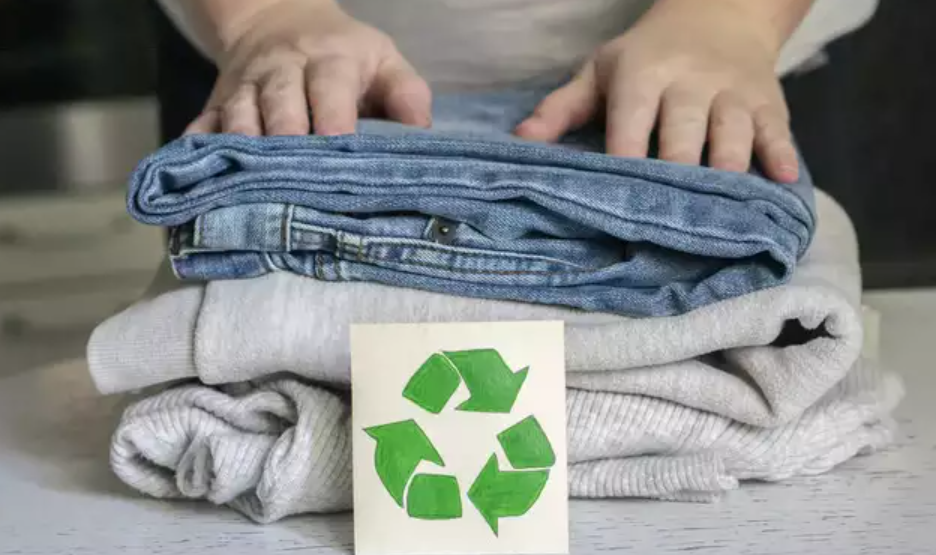What is ESG?
ESG stands for Environmental, Social, and Governance. This is often called sustainability. In a business context, sustainability is about the company’s business model, i.e. how its products and services contribute to sustainable development.It is a framework that is used to evaluate a company's performance and impact in these three areas. ESG criteria are used by investors, analysts, and other stakeholders to evaluate the sustainability and ethical impact of investments and business practices. It's become increasingly important in the investment world as investors seek to align their portfolios with their values and long-term sustainability goals.

Introduction to three components of ESG:
Below are the explanations of what ESG stands for.
1. Environmental:
This aspect evaluates a company's impact on the environment. This includes factors such as carbon emissions, energy efficiency, waste management, pollution, and resource depletion. Companies with strong environmental performance often prioritize sustainability initiatives, renewable energy use, and reducing their carbon footprint.
2. Social:
Social factors consider how a company manages relationships with its employees, suppliers, customers, and the communities in which it operates. This includes aspects such as labor practices, human rights, diversity and inclusion, community engagement, and product safety. Companies with strong social performance often prioritize fair labor practices, employee well-being, diversity in the workforce, and community development.
3. Governance:
Governance refers to the system of rules, practices, and processes by which a company is directed and controlled. This includes aspects such as board composition, executive compensation, transparency, accountability, and ethical business practices. Companies with strong governance practices often have independent boards, transparent reporting, effective risk management, and a commitment to ethical behavior.
Here are some ways in which ESG is being applied in the fashion industry:
Reducing Water Usage: Fashion companies are implementing technologies and practices to reduce water consumption in their production processes, such as water-efficient dyeing methods and wastewater treatment.
Applications of ESG in the Apparel and Fashion Industry:
The fashion industry recognizes the importance of Environmental, Social, and Governance (ESG) principles in its operations. Many apparel manufacturers and fashion brands have initiated to employ a team for ESG whose main concern is implementing the ESG framework in their business perspective. They work on implementing ESG based on the guidelines provided by certification organizations and analyzing the ESG data.Here are some ways in which ESG is being applied in the fashion industry:
1. Environmental Sustainability:
Sustainable Materials: Many fashion brands are shifting towards using sustainable materials such as organic cotton, recycled polyester, and innovative alternatives like Tencel or Piñatex (made from pineapple leaves).Reducing Water Usage: Fashion companies are implementing technologies and practices to reduce water consumption in their production processes, such as water-efficient dyeing methods and wastewater treatment.
Minimizing Waste: Efforts are being made to reduce waste throughout the supply chain, from design to manufacturing to retail. This includes initiatives to recycle textile waste and minimize packaging.
Carbon Footprint Reduction: Fashion brands are working to reduce their carbon emissions by optimizing transportation, using renewable energy sources, and improving energy efficiency in manufacturing facilities. Fashion brands and fashion item manufacturers share the report of carbon footprint in their sustainability report.
Carbon Footprint Reduction: Fashion brands are working to reduce their carbon emissions by optimizing transportation, using renewable energy sources, and improving energy efficiency in manufacturing facilities. Fashion brands and fashion item manufacturers share the report of carbon footprint in their sustainability report.
Here is one example of a sustainability report published by Shahi Exports.
2. Social Responsibility:
Ethical Labor Practices: Fashion brands are scrutinizing their supply chains to ensure fair labor practices, including safe working conditions, fair wages, and the absence of child labor and forced labor. This is done through various organizations and certification is provided to their vendors based on audit.Worker Well-being: Some companies are investing in programs to improve the well-being of workers in their supply chains, including health and safety initiatives, access to education, and empowerment programs.
Diversity and Inclusion: Fashion brands are being encouraged to promote diversity and inclusion within their organizations and in their marketing campaigns, reflecting the diverse societies they serve.
Ethical Leadership: Fashion companies are expected to demonstrate strong ethical leadership, with clear policies and practices in place to ensure compliance with ESG principles.
Stakeholder Engagement: Engaging with stakeholders, including employees, suppliers, customers, and local communities, is essential for understanding their concerns and integrating them into decision-making processes.
3. Governance:
Transparency: There's a growing demand for transparency in the fashion industry, with consumers and investors expecting companies to disclose information about their supply chain practices, environmental impact, and corporate governance. To achieve this, brands ask for digitalization of the whole supply chain and processes.Ethical Leadership: Fashion companies are expected to demonstrate strong ethical leadership, with clear policies and practices in place to ensure compliance with ESG principles.
Stakeholder Engagement: Engaging with stakeholders, including employees, suppliers, customers, and local communities, is essential for understanding their concerns and integrating them into decision-making processes.
Conclusion:
In conclusion, applying ESG principles in the fashion industry involves adopting sustainable and ethical practices throughout the entire value chain, from sourcing raw materials to manufacturing, distribution, and retail. It is also about a company’s risk management, i.e. how it manages its operations to minimize negative impact.These principles help in mitigating environmental and social risks. ESG framework also contributes to long-term business success by meeting the expectations of consumers, investors, and other stakeholders.
Related reading:
- Sustainability in fashion report by Accenture
- Balancing the ESG Challenge in the Fashion and Luxury Goods Industry
